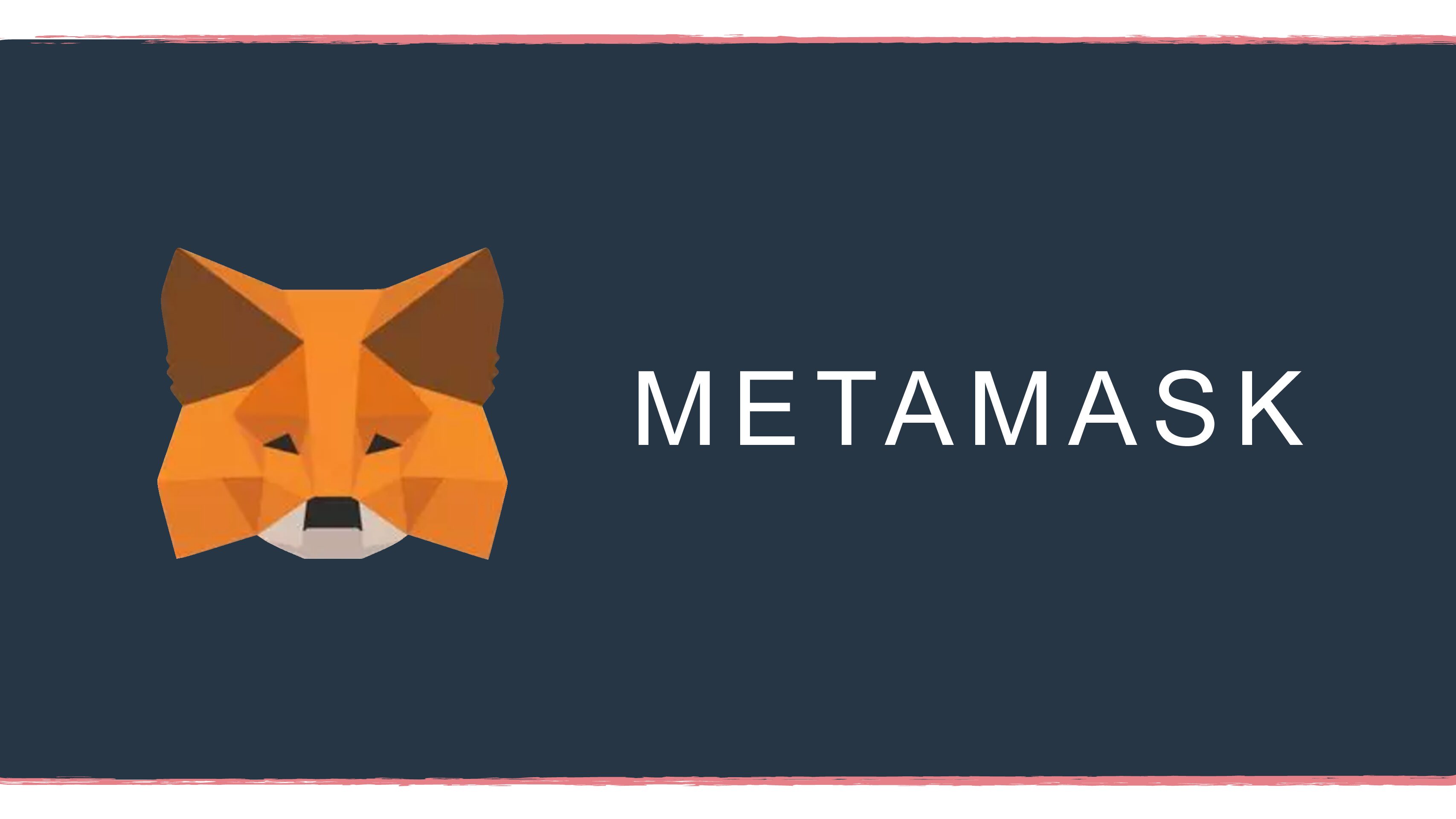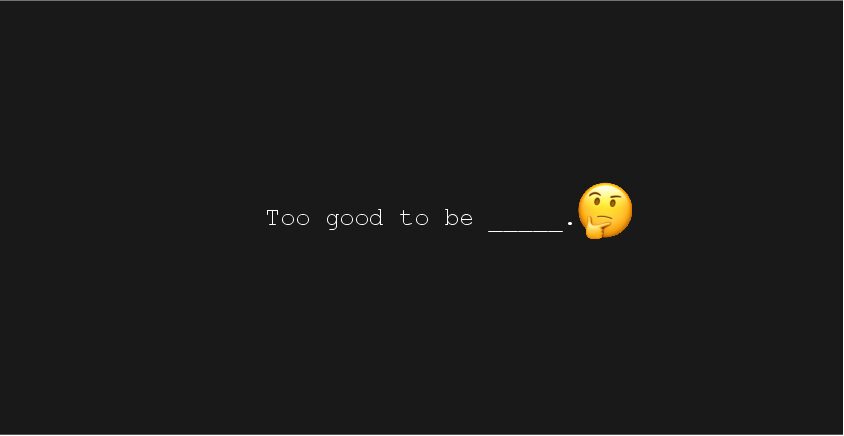Yes, a “cookie-less Future” is coming soon to a device near you. Apple already limits the access to identifiers on iOS, and Google will remove 3rd party cookies in 2023.
Advertisers will no longer be able to use third-party cookies to track users on Google Chrome Web Browser. Digital advertisers must create new ways to optimize conversions without relying on the invasive targeting tactics they have used until today. To that end, AdTech companies are now working on solutions to sustain performance and workable alternatives for digital advertisers.
For the last four years, VETRI has worked hard to help build a management platform for individual data that is more equitable and transparent to all stakeholders, users, and advertisers alike. This is why, to date, VETRI boasts over 30,000 MAUs on its mobile app.
Who is VETRI?
For the last four years, the VETRI Foundation has been tackling the fundamental issues around data privacy and what we now commonly call the “Fair Data Economy.”
In that respect, VETRI was a pioneer of what now constitutes some of the most fundamental web3 enabling technologies such as blockchain, cryptography, and cryptocurrency.
As a society, we can collectively utilize these technological building blocks of web3 as beautiful tools for the Greater Good: Our mission at VETRI is to create a genuine alternative to web2 but more particularly concerning its long-dated and too often abusive treatment of our personal data.
The power of web3 is the very concept of community. If our individual data is a drop of water in the ocean of data, collectively, we are the ocean!
Much more than an app, it is a non-profit foundation and, tomorrow, a DAO. It is a proposition born in web2 but already incorporates many of the principles and attributes of web3. Now – (our app has, to date, been downloaded more than 200,000 times), we can take control over our data, secure it and eventually monetize it!
What do cookies have to do with fixing the digital world?

By turning the very idea of the evil cookie onto its head!
With the VETRI app, we can secure and manage our data. This means we can create a profile with specific personal attributes (gender, age, country…) and collect our digital footprint or digital assets. Put differently, we can proactively do the job of the cookies, only much more efficiently and reliably. But more importantly, we are in total control. Once secured in a vault, we can control and manage the aforementioned personal data via the app and ensure that no one has access to it unless we allow it.
What does this mean for us, “ordinary” users?
Simply put, it means that we have all our data in a digital safe inside our mobile devices, and only we can access it (yes, the VETRI application is a wallet). Furthermore, we can now get rewards for sharing our attributes or preferences. What’s more, we receive content that is exclusively relevant to us. In short, VETRI is our dashboard, enabling us to control and manage our personal data, digital assets, and digital footprint.
What’s in it for advertisers and media companies?

Welcome to web3, where individuals, or consumers, from the vantage point of advertisers, tell them who they are, what they like, and whether they are happy to receive marketing messages. If required, their claims can even be verified. The same is valid for when advertisers decide to conduct market surveys, which happen more and more frequently. In all cases, advertisers target their desired audience via the VETRI app with the assurance that they have done so with laser accuracy, total transparency, and compliance with data privacy laws since consumers have already given their explicit consent. Moreover, consumers are even more likely to be delighted to hear from them. In this “fair data economy,” the costs of publishing to consumers, whatever the content, will be determined by the VETRI marketplace, or in other words, by supply and demand. Consumers either accept or reject what is on offer. Whatever the case, there is no intermediary, and VETRI, since it’s a not-for-profit legal entity, takes no commission other than a modest transaction fee for maintaining and developing the ecosystem. All parties win. Users are rewarded for their attention, and advertisers get to target the desired audience, thereby avoiding all the inefficiencies that currently plague the status quo of digital advertising.
For media companies, increasingly powerless in the face of ad-blockers and unilateral decisions from Big Tech, solutions like VETRI offer them an opportunity to reach audiences who instead have embraced what we might as well call “ad generators”. Ad-blockers gained popularity because consumers did not feel their data was being treated fairly and got little value in return. VETRI, on the other hand, offers everyone a fair deal.
Why does web3 matter to us?
VETRI’s mission is totally aligned with web3. That is to provide an infrastructure and a platform that acts in the interest of the public good and offers utility to all stakeholders: advertisers, content providers, and ordinary users and individuals. In other words, for all participants on both sides of the demand and supply equation. In this ecosystem, we can all interact directly and without intermediaries. Sounds too good to be true? After all, what does VETRI and its Foundation have to gain, and how does it benefit? And why would I even trust it?
On the question of trust, web3 brings about decentralization and a transparency layer. Trusting becomes unnecessary since one can simply verify. Transactions, wallets, and monetary flows are all available for verification pseudonymously except, of course, for personal data being accessed.
But then, how is all this being financed, one might ask? VETRI’s finite native currency (VLD) constitutes its capital, and just like bitcoin, the more it is utilized, traded, and stored, the more it appreciates.
Beyond the Foundation, VETRI will soon be distributing governance rights to its stakeholders – advertisers, individuals, and commercial partners – to organize the marketplace, take part in strategic decisions and bring complete transparency concerning the management of the Foundation’s assets.
We have a long way ahead, that is for sure. Tomorrow, the end of 3rd-party cookies is an inconvenience for the advertising industry, yet at the same time, it presents a convenient power grab by Big Tech in the name of individuals’ privacy rights protection. Yet that is only round one. Soon after, fair competition laws are likely to condemn such monopolistic practices. At least in Europe, where the “Digital Markets Act” has already been drafted and is expected to pass a vote in Parliament by year-end that will strongly restrict Big Tech’s dominance in the sector and the treatment of our personal data. While this is good news for the individual, the advertising industry will again be navigating in uncharted waters. What is clear, however, is that neither Big Tech nor the European Parliament will be providing alternative, workable solutions. Thanks to the emergence of new technologies, within the next 10 years we are likely to experience a very different relationship with the digital realm than the one we have today. One that is more trustworthy, fairer to all, certainly less cynical and above all far more reflective of how we experience our real, earthly lives.



